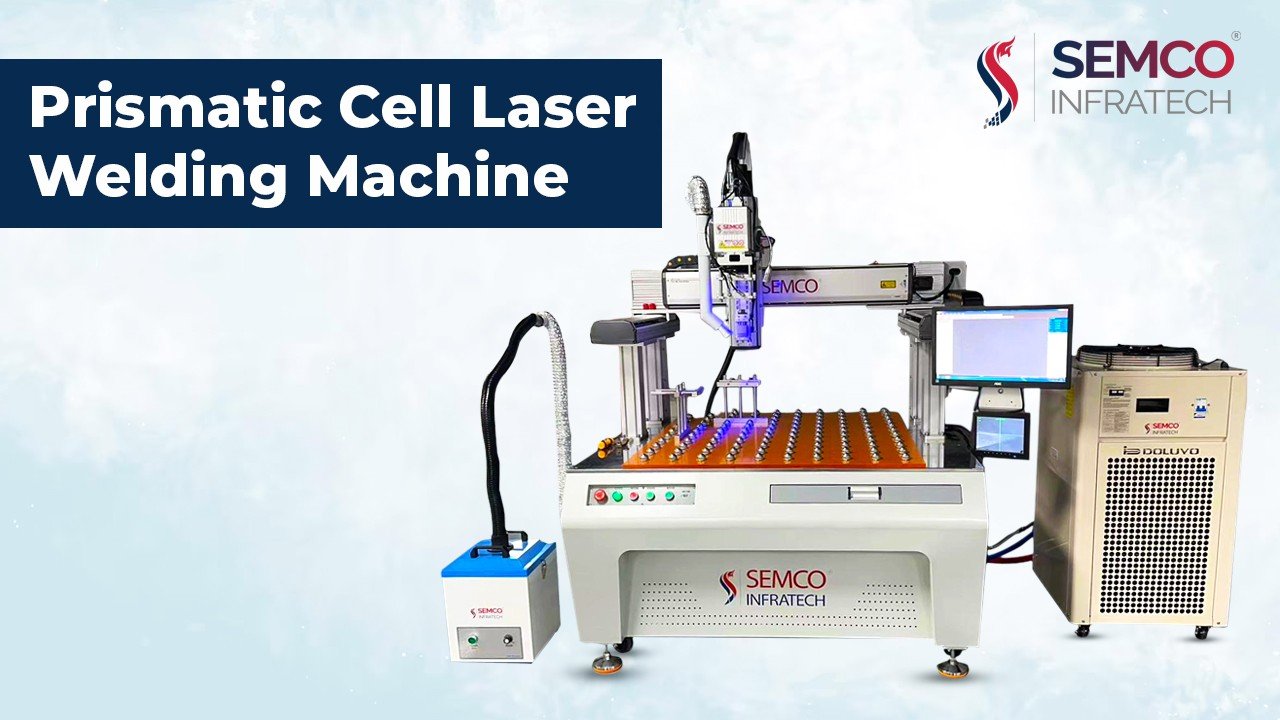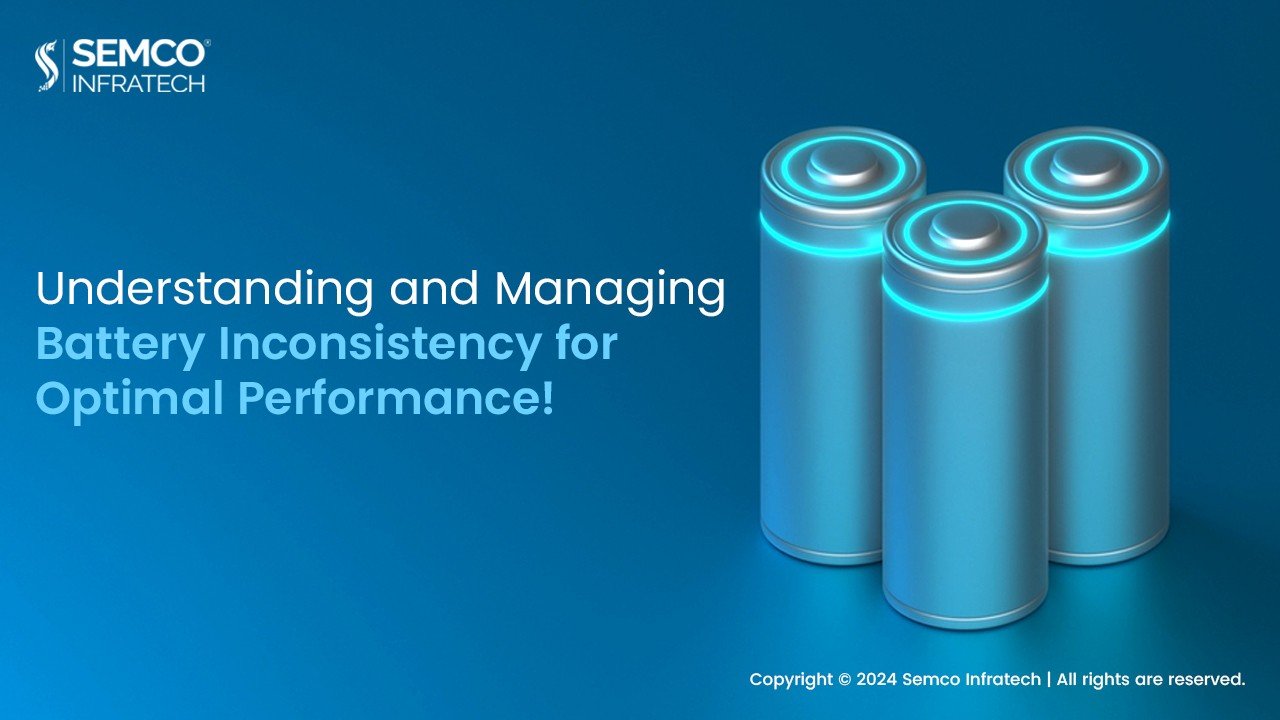Prismatic lithium-ion batteries have become integral components in numerous industries, from electric vehicles to renewable energy storage systems. Their efficient production relies heavily on advanced manufacturing techniques, with laser welding machines playing a crucial role. However, the process of laser welding prismatic lithium-ion batteries poses several challenges that manufacturers must overcome to ensure optimal performance and reliability. This article explores some of these challenges and the solutions being developed to address them.
Challenges in Prismatic Lithium-Ion Battery Laser Welding
- Precision Requirements: Prismatic lithium-ion batteries demand extremely precise welding to maintain the integrity of the battery cells. Achieving consistent weld quality, depth, and width without damaging sensitive internal components is challenging.
- Variability in Battery Designs: Prismatic batteries come in various shapes and sizes, each requiring specific welding parameters. Adapting laser welding machines to handle this variability efficiently can be complex. Different types of batteries need different metals such as nickel, aluminum, or copper strips for connections.
- Production Efficiency: As demand for lithium-ion batteries grows, manufacturers face pressure to increase production efficiency. Manual welding processes are slow and prone to variability, impacting overall productivity.
- Safety and Environmental Concerns: Laser welding generates heat and emissions that require effective management to ensure worker safety and comply with environmental regulations. Safety protocols are crucial but add complexity to the manufacturing process.
Solutions to Overcome These Challenges
- Advanced Laser Welding Technology: Manufacturers are investing in laser welding machines equipped with advanced technology to enhance precision. These machines offer precise control over welding parameters such as pulse duration, frequency, and power, ensuring consistent weld quality.
- Flexible Machine Designs: Modern laser welding machines are designed to be flexible and adaptable, capable of accommodating various battery sizes and configurations. Robotic handling and programmable welding sequences streamline operations and reduce setup times.
- Automation and Robotics: Automating the welding process reduces dependency on manual labor, improving production efficiency and consistency. Robotics enable precise positioning of laser beams, enhancing weld accuracy and minimizing defects.
- Enhanced Monitoring and Control: Real-time monitoring systems track welding parameters and detect anomalies early. Predictive maintenance algorithms optimize machine performance, minimizing downtime and ensuring continuous operation.
- Safety and Compliance Features: Laser welding machines now include robust safety features such as interlocked enclosures, fume extraction systems, and emergency stop mechanisms. These measures protect workers and mitigate environmental impact, ensuring compliance with regulatory standards.
The Role of Suppliers and Providers
In the production of prismatic lithium-ion batteries, battery manufacturing equipment suppliers play a crucial role. These suppliers provide specialized laser welding machines that are designed to meet the specific needs of battery production. Their expertise ensures that the equipment can handle the precise requirements and variability in battery sizes and configurations.
Lithium-Ion Battery Assembly Equipment Providers are essential for delivering comprehensive solutions that encompass not just the laser welding machines, but also the necessary support services. This includes technical support, maintenance, and training programs to maximize the efficiency and lifespan of the equipment.
In India, there are several prominent Lithium-Ion Battery Equipment Suppliers that offer state-of-the-art laser welding machines. These suppliers provide tailored solutions to the unique demands of prismatic lithium-ion battery welding, leveraging their extensive experience to help manufacturers overcome technical challenges and improve production efficiency.
Conclusion
As the demand for prismatic lithium-ion batteries continues to rise, the challenges associated with laser welding are being met with innovative solutions. Advanced technology, automation, and stringent safety measures are transforming the manufacturing landscape, enabling efficient and sustainable production processes. By addressing these challenges head-on and leveraging expertise from battery manufacturing equipment suppliers and Lithium-Ion Battery Assembly Equipment Providers, manufacturers can optimize battery performance, meet market demands, and contribute to the advancement of renewable energy solutions globally.






